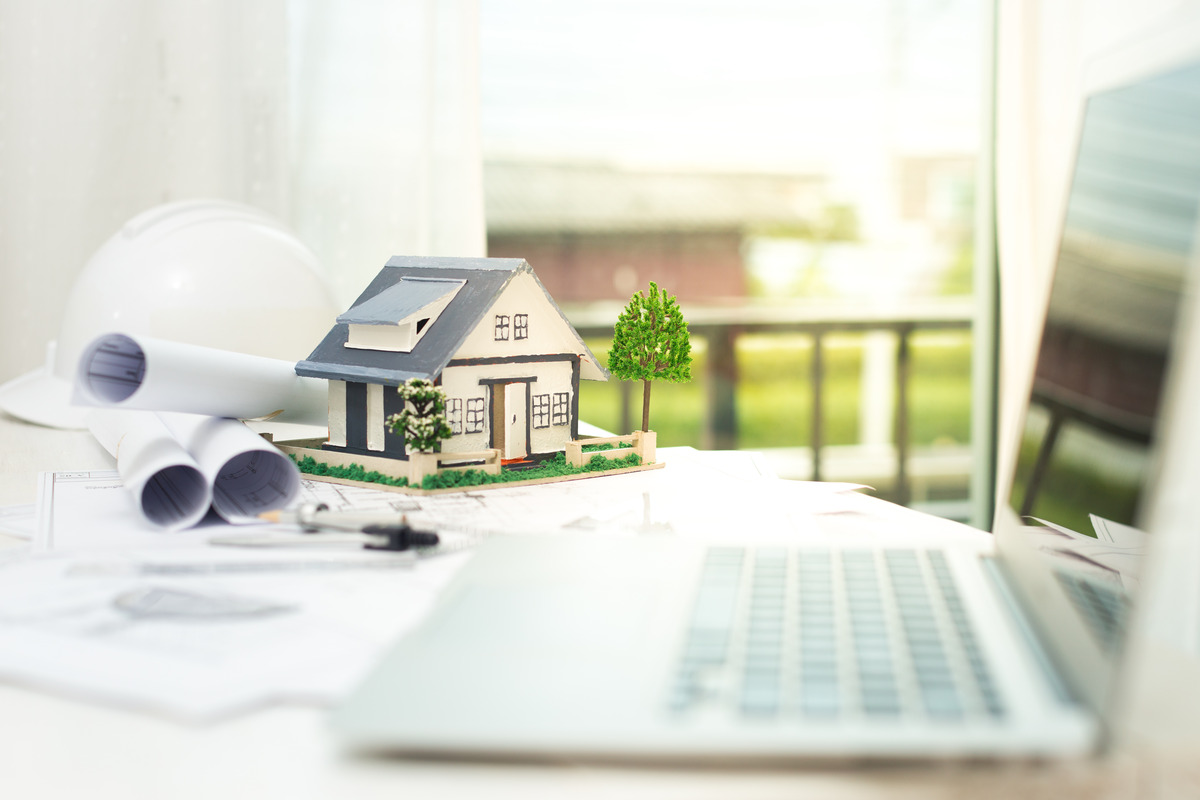
Given that the Philippines is a country known for its vibrant culture and stunning landscapes, we have been witnessing a transformative shift in the realm of property management in the Philippines. As the world grapples with the urgency of environmental conservation, the real estate sector in the country is embracing a pivotal role in fostering sustainable practices within its landscape.
In the face of rapid urban growth and increased calls for contemporary infrastructure, property management is experiencing a significant transformation, acknowledging the importance of sustainable endeavors. This change isn’t simply a passing trend within the industry. It rather represents a deliberate endeavor to embed eco-conscious strategies deeply within the essence of property development and management throughout the entire archipelago.
From energy-efficient buildings to innovative waste management systems, the landscape of property management in the Philippines is witnessing a paradigm shift toward sustainability. This article delves into the key sustainable practices revolutionizing property management across the country, exploring how these initiatives are not only reshaping the industry but also contributing to a greener, more environmentally-conscious future. Continue reading to learn more.
Energy Efficiency
With an aim to reduce carbon footprints and operational costs, property managers are increasingly implementing measures to optimize energy usage. From the bustling cityscape of Metro Manila to the serene provinces, initiatives such as utilizing LED lighting, upgrading to energy-efficient appliances, and integrating smart HVAC systems are becoming pervasive. These steps not only curtail electricity consumption but also contribute significantly to environmental conservation, aligning with the country’s commitment to reducing greenhouse gas emissions and fostering a more sustainable future for the real estate sector.
Water Conservation
Water conservation also emerges as a critical facet of sustainable property management practices in the Philippines — a country prone to varying climatic conditions. Recognizing the importance of preserving this invaluable resource, property managers are implementing innovative water conservation strategies across residential and commercial spaces.
Rainwater harvesting systems, water-saving fixtures, and the promotion of responsible water usage practices are gaining traction. These initiatives not only mitigate water scarcity challenges during dry seasons but also alleviate pressure on local water sources.
Waste Management and Recycling
Waste management and recycling have emerged as pivotal components of sustainable property management practices in the Philippines, addressing the pressing issue of waste accumulation in urban and suburban areas. Property managers are actively promoting waste segregation initiatives and implementing comprehensive recycling programs within their premises.
Through education and proactive measures, properties are encouraging tenants and stakeholders to participate in proper waste disposal practices. These efforts not only minimize the burden on landfills but also contribute to the country’s circular economy, repurposing materials and reducing the environmental impact of discarded resources.
Green Spaces and Landscaping
Green spaces and landscaping aim to harmonize urban developments with nature’s vitality — serving as integral facets of sustainable practices in property management in the Philippines. From sprawling commercial complexes to residential enclaves, property managers are embracing the integration of lush greenery and thoughtfully designed landscapes within their properties.
For instance, rooftop gardens, vertical green walls, and strategically placed green areas not only enhance aesthetics but also contribute to biodiversity conservation and ecological balance. These green havens provide natural insulation, reducing the environmental impact of buildings while fostering a healthier, more inviting environment for occupants.
Sustainable Materials and Construction
Among the innovative and sustainable practices in property management in the Philippines would be incorporating sustainable materials and construction practices, which aims to mitigate the environmental impact of real estate development. Property managers are increasingly prioritizing eco-friendly building materials sourced responsibly or made from recycled content. From bamboo and reclaimed wood to recycled steel and low-impact concrete, the industry is witnessing a shift toward materials that reduce carbon footprints and minimize waste generation during construction.
Moreover, implementing energy-efficient designs and eco-friendly building methodologies not only contributes to reduced resource consumption but also enhances the longevity and resilience of structures. This conscientious embrace of sustainable materials and construction methods underscores the commitment of the real estate sector in the Philippines to environmentally responsible property development and management.
Transportation and Accessibility
Transportation and accessibility acknowledges the interconnectedness between urban developments and efficient mobility. With this, property managers are increasingly prioritizing locations with proximity to public transportation hubs, promoting walkability, and advocating for bicycle-friendly infrastructure within and around their properties. By facilitating easier access to public transit options and reducing reliance on personal vehicles, these initiatives aim to minimize carbon emissions and alleviate traffic congestion. Additionally, integrating sustainable transportation options and fostering connectivity to essential amenities not only enhances the property’s appeal but also aligns with the larger goal of creating more livable, eco-conscious communities.
Community Engagement and Education
Community engagement and education recognizes the pivotal role of informed and involved communities in fostering environmentally conscious living. Property managers actively engage with tenants, residents, and local stakeholders through educational programs, workshops, and outreach initiatives centered on sustainability. These efforts aim to raise awareness about eco-friendly practices, waste reduction, energy conservation, and the importance of environmental stewardship. By empowering individuals within properties to adopt sustainable habits and encouraging collective participation in green initiatives, property managers contribute to building a culture of environmental responsibility.
Key Takeaway
The landscape of property management in the Philippines is going through a profound transformation, embracing a spectrum of sustainable practices that transcend mere industry trends. And with these practices, the real estate sector is redefining its role as a steward of the environment. These initiatives also not only demonstrate a commitment to environmental conservation but also yield tangible benefits such as reduced operational costs, enhanced property value, and improved quality of life for occupants.
As the country navigates urbanization and rapid development, the adoption of sustainable property management practices emerges as a cornerstone, paving the way toward a more resilient, eco-conscious, and vibrant future for the Philippine real estate industry.



